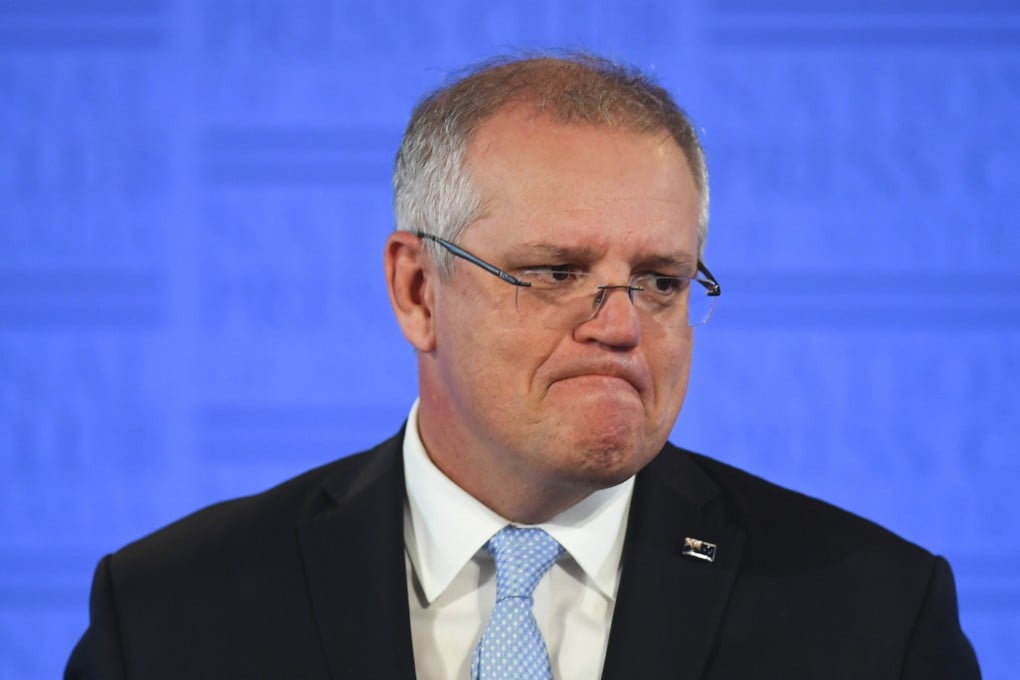Opinion | Australia and China should seek common ground, not conflict
- Recovery from the coronavirus crisis requires cooperation on strategies to ensure a return to prosperity, and both countries cannot afford to become embroiled in political and economic spats

A nation as reliant on China for trade as Australia should be mindful of its circumstances and try to smooth differences. In the depths of the Covid-19 pandemic, with economies hard hit by shutdowns, the expectation should be that care is necessary.
But Australian politicians have instead taken a confrontational approach and fractures of recent years have widened, leading to Chinese measures that are being perceived as economic retaliation.
The recovery from the coronavirus crisis requires countries cooperating on strategies to ensure a return to growth and prosperity; when differences arise, resolution depends on finding common ground through diplomacy.
Australian Prime Minister Scott Morrison has been anything but diplomatic in his approach towards China. He was quick to take up on a call by Foreign Minister Marise Payne for an independent global inquiry into the origins of the pandemic, doing so after a phone conversation with US President Donald Trump, who had just suspended funding for the World Health Organisation.
The proposal focused on the nature and timing of the outbreak and was made without consultation with other countries. Far more constructive would have been to seek an investigation to gain understanding and knowledge to prevent a similar pandemic, an issue taken up with China’s support at the recent meeting of the World Health Assembly.
